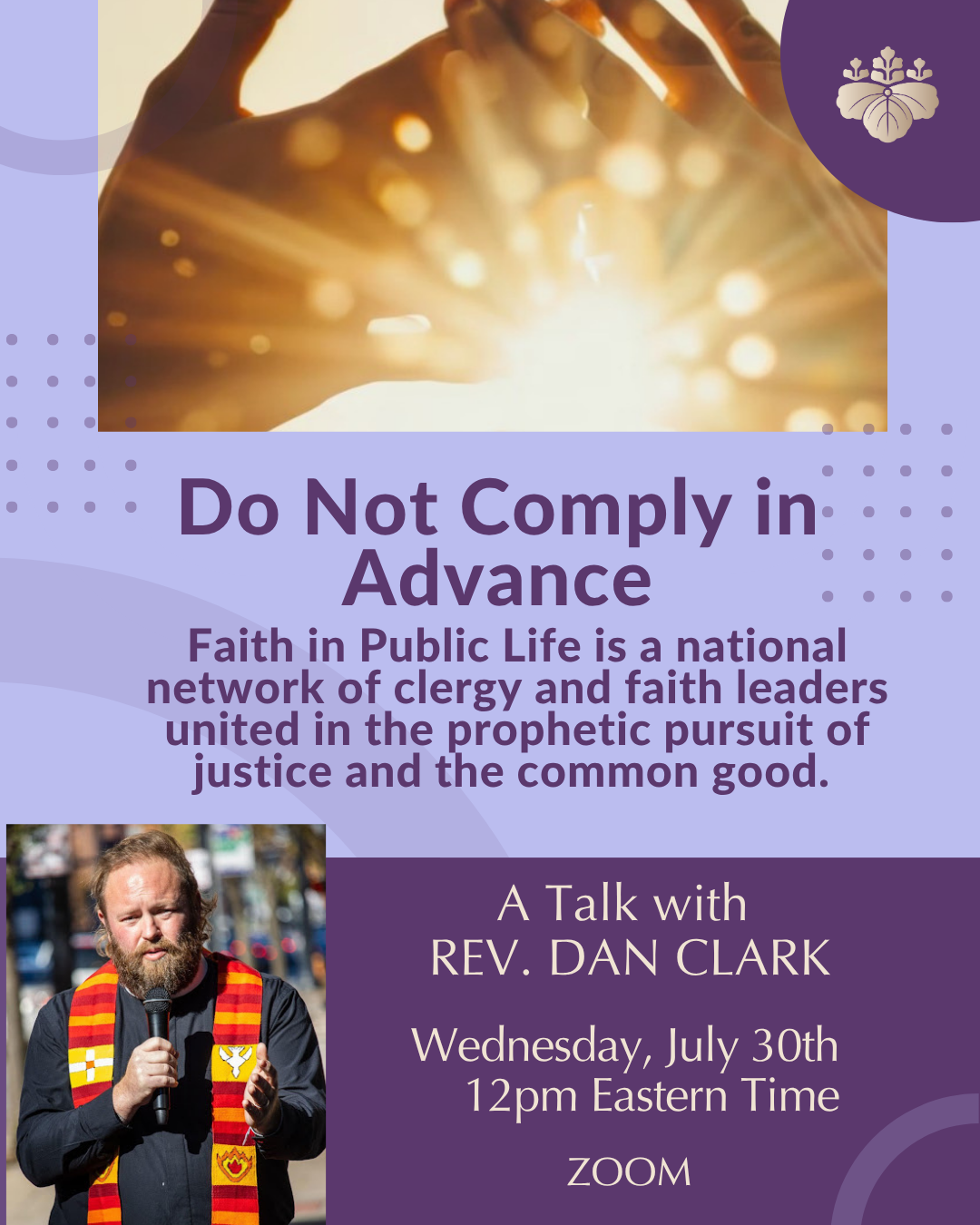Posts from The Reformed Buddhist and, to a lesser extent, from Point of Contact argue against the notion of socially engaged Buddhism, suggesting that Buddhist practice should not be conflated with actions involving large scale social and political issues. Both suggest that it’s just fine to be actively engaged with these issues, but that Buddhism should be left out of those engagements.
In another recent post, found over at Notes in Samsara, Mumon offers that those who view Buddhist practice as a means to “change the world” are clinging to a gaining idea.
The current post over at Notes from a Burning House points to the fact that when spiritual/religious folks attempt to rock the social/economic boat, they’re often marginalized, shunned, and sometimes end up murdered. (Think Martin Luther King Jr. for example.) The post then goes on to ask where the middle ground is between hard core social activists and those who shun all Buddhist inspired engagement with the social/political realms.
Finally, the latest post over at Jizo Chronicles offers Diana Winston and Donald Rothberg’s Ten Guiding Principles for Socially Engaged Buddhism.
For the purposes of this discussion, I think principle number two has the most relevance:
Interbeing and Co-Responsibility:
We look at our tendencies to separate “us” and “them,” and “inner” and “outer.” We see in ourselves the same structures of greed, hatred, and delusion that we seek to change. We realize that there is ultimately no “other” to fight against, yet we also recognize that some are indeed in positions of greater responsibility for suffering and oppression.
In response to a comment John from Point of Contact made wondering how the principles were any different from “mundane/non-engaged/boring Buddhism,” I said the following:
I get the sense that you and others are wanting a separation where none can really be made. If you truly live the practice, anything you do in the social/political realm, regardless of whether you label it or not, will be influenced by your practice. People seem to be fussing a lot about the labels, but I really think that’s a red herring. This is an old, old debate between those who argue Buddhism is about working to disengage from worldly concerns, and those who see Buddhism as a path that includes coming back to “the marketplace” (Ox Herding Pics) if you will. I think everyone is on a continuum between these two extremes, from solitary monks living in the mountains to lifelong social activists whose work is deliberately guided by Buddhist teachings.
As for the list, #2 and #4 explicitly point to a deliberate interaction with and engagement of systemic manifestations of suffering. The list isn’t pointing to just everyday activities like washing the dishes, being kind to co-workers and strangers, etc. It’s suggesting that there are a wide array of ways we might engage in the world springing forth from our understanding of Buddhist teachings. All of it is part of the path in my view. No one person need be “engaged” if you will in all facets of action within the world suggested by these principles, but to suggest that all social action work is outside the realm of Buddhism is, as I already said, creating a separation where none can be found.
I’m going to be honest with you all: I’ve had some trouble figuring out how to respond to all these discussions. I have made a few comments, but mostly I’ve read and watched others engage.
The thing I keep going back to is the idea that for better or worse, one’s belief system will influence how one acts within the larger social/political world. An atheist or secular humanist will look at things differently from a devout Christian or Jew. Perhaps, they end up making similar decisions, but the reasoning behind, as well as the path that led up to said decisions will be different. And I think it’s important to consider those differences because they help us understand how the whole of humanity is interacting together to form the world we live in at this particular time.
Beyond this, I believe there are ways to be inspired by, or driven by, one’s spiritual practice that don’t lead to the kinds of oppression seen in theocracies, for example, or to the kinds of self-righteousness seen in individuals who believe their path is superior in solving social problems than all others. I understand that even saying this will cause some to believe that I’m no better than folks in the “Christian Right” arguing to outlaw abortions and for a return of prayer in public schools. Perhaps this is the case. I honestly don’t know.
I just can’t see how it’s possible to divorce one’s spiritual life from how one engages the big issues in the world.




